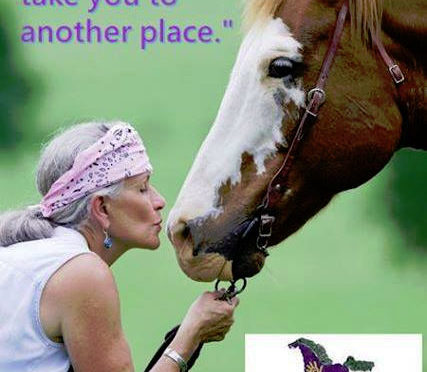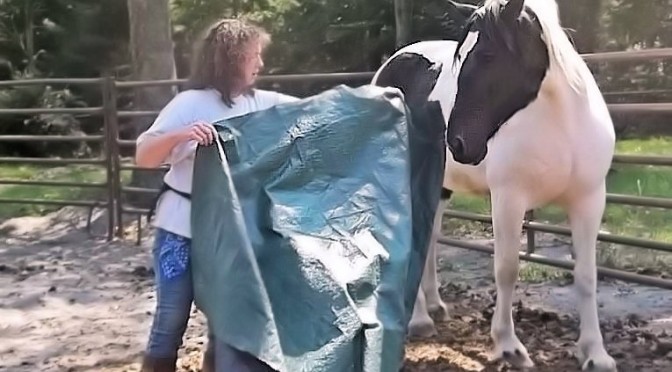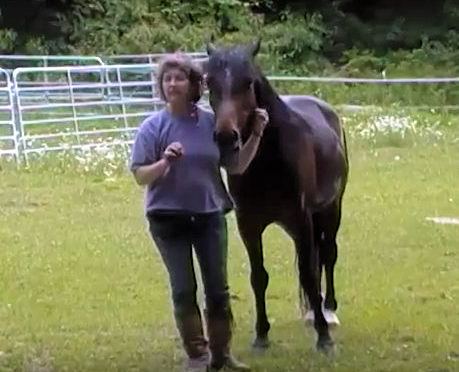HORSELOVERS!
Never Give Up on Your Dreams! … are you a beginner horse lover over the age of 18 who has little to no horse experience and would like to learn the beginning foundations of horsemanship?
Or, perhaps you’ve not been around horses for years and would like to get connected with them again? Have you always wanted to learn “natural” and kind horsemanship – learning how they think and feel and how to relate to them on a higher level?
Are you an older or Senior Lady who would love to live out your little girl’s dream?
Having recently moved to Canterbury, CT we at PENZANCE Equine Integrative Solutions are now ready to accept private and semi-private appointments that cover the foundational aspects of horsemanship including handling horses, grooming, leading, controling the hooves, how horses think and equine behavior and much more.
No riding involved.
Private and semi-private sessions (1 – 1/2 hrs each sessons) and small groups (up to 4) 3 hr sessions.
A series of (3) sessions: Private $75 per session; Semi-private $50 pp per session. Groups $150 pp per 3-hr session (with 4 participants).
3 Session Program – Packages for 3 sessions paid in full at least 2 weeks prior to start of program – PRIVATE $195 Semi-private $140 pp, Groups $400 pp for (3) 3 hr. sessions. $50 of full payment non-refundable up to 1 week prior to start. Total unrefundable within 1 week to the start and after program begins.
WINTER sessions begin December 10th on Mons, Tues. and Fridays in Canterbury, CT.
In the case of inclement weather sessions are postponed to following week.
Contact Gwenyth Santagate at gwen.santagate@gmail.com or call (860) 556-9199 and leave message, please.





